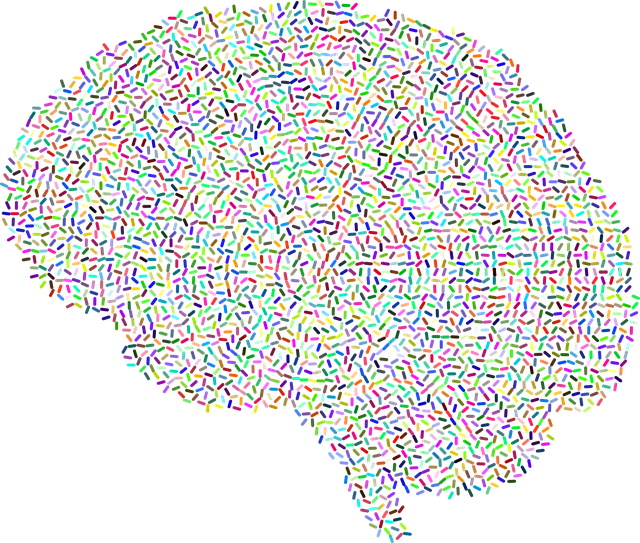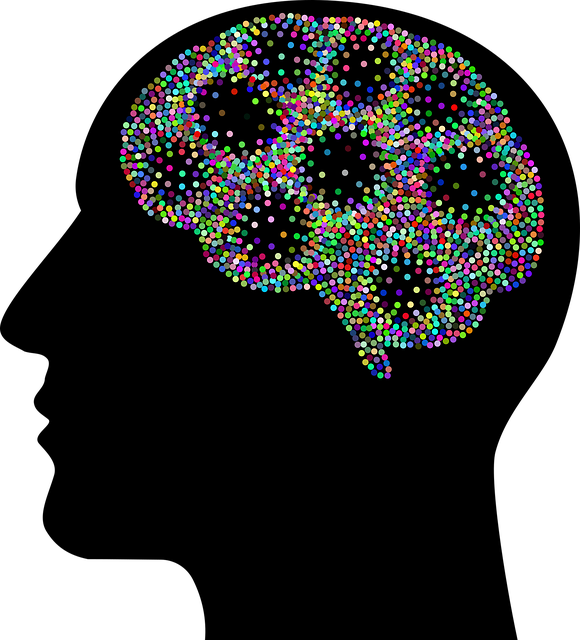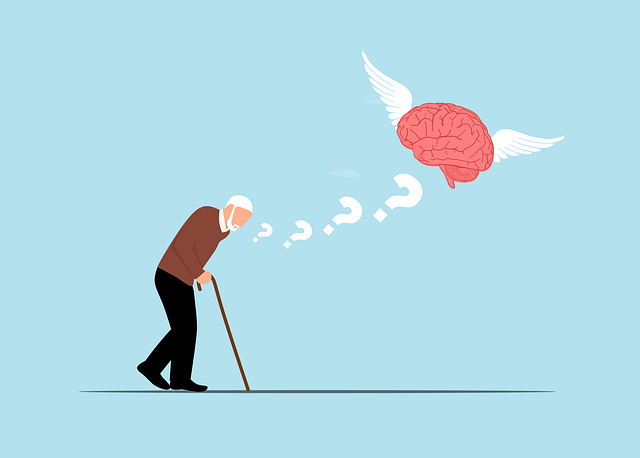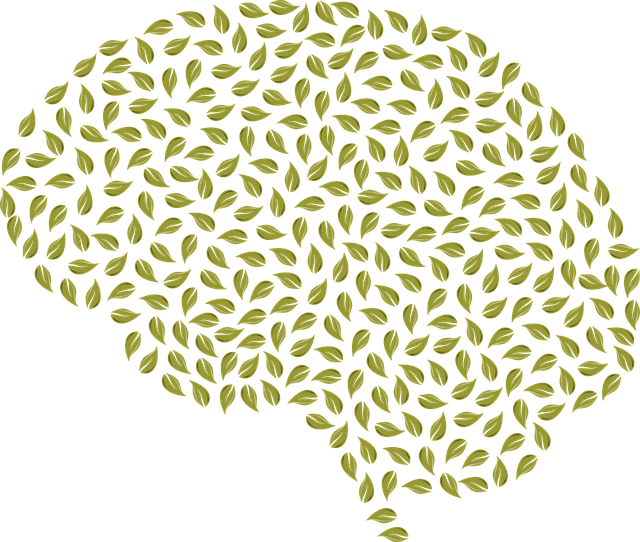Northglenn Crisis Counseling Therapy (NCT) offers a holistic approach to enhancing mental wellness through mood regulation techniques. By identifying emotional triggers, developing healthy coping mechanisms, and fostering positive mindsets, individuals gain tools for effective emotion management. NCT integrates cognitive-behavioral therapy, mindfulness meditation, regular exercise, adequate sleep, and social skills training to empower clients with resilience against depression episodes and life's challenges. Their tailored strategies promote emotional balance and self-awareness, building a strong foundation for overall well-being, supported by cultural sensitivity and healthcare provider burnout prevention.
Mood regulation is a vital skill for navigating life’s challenges. This comprehensive guide explores various strategies to enhance your emotional well-being, from understanding the basics of mood control to practical techniques for managing triggers. We delve into cognitive and behavioral approaches, offering insights on how to recognize patterns and implement effective solutions. For a deep dive into mood regulation, Northglenn Crisis Counseling Therapy provides a robust framework, highlighting its significance in promoting stability and overall mental health.
- Understanding Mood Regulation and Its Significance
- Identifying Triggers: Recognizing Patterns in Emotional Response
- Cognitive Strategies for Enhancing Mood Management
- Behavioral Techniques to Stabilize Mood and Promote Well-being
- Northglenn Crisis Counseling Therapy: A Comprehensive Approach to Mood Regulation
Understanding Mood Regulation and Its Significance

Understanding mood regulation is a crucial step towards enhancing one’s mental wellness, especially for those seeking support through Northglenn Crisis Counseling Therapy. Mood, in essence, refers to our emotional state and its impact on how we perceive and interact with the world around us. Effective mood regulation strategies empower individuals to manage their emotions, ensuring they don’t overwhelm or control them. This process involves recognizing triggers, developing healthy coping mechanisms, and fostering a positive mindset.
By integrating self-care practices into daily routines, individuals can prevent episodes of depression and maintain emotional balance. Simple yet powerful techniques like mindfulness meditation, regular exercise, and adequate sleep contribute to mental wellness. These strategies not only help in the short term but also provide long-lasting tools for navigating life’s challenges, fostering resilience, and promoting a sense of equilibrium.
Identifying Triggers: Recognizing Patterns in Emotional Response

Identifying triggers is a crucial step in managing one’s mood and emotional well-being. By recognizing patterns in how certain situations or environments evoke specific emotional responses, individuals can proactively navigate potential crises. For instance, someone prone to anxiety might notice that crowded places or unexpected noise trigger their stress response. This awareness allows them to prepare and implement coping mechanisms ahead of time, whether it’s practicing deep breathing exercises or seeking a quieter space.
At Northglenn Crisis Counseling Therapy, we emphasize the importance of understanding personal triggers as a foundation for effective emotional regulation. Our Stress Management Workshops Organization provides valuable tools and resources to help individuals identify and manage their unique triggers. Additionally, Empathy Building Strategies are integral to our approach, fostering deeper self-awareness and connection with others, which is essential for navigating emotional responses in various contexts.
Cognitive Strategies for Enhancing Mood Management

Cognitive strategies play a pivotal role in enhancing mood management, as they empower individuals to recognize and reframe negative thoughts and emotions. Northglenn Crisis Counseling Therapy emphasizes the use of cognitive-behavioral techniques to help clients challenge and change unhelpful thought patterns that contribute to low moods or mental health crises. By identifying cognitive distortions like all-or-nothing thinking or catastrophizing, individuals can learn to replace these with more balanced and realistic perspectives. This process fosters better emotional regulation and resilience.
Incorporating cultural sensitivity in mental healthcare practice is integral to the effectiveness of these strategies. Understanding a client’s cultural background and incorporating coping skills development tailored to their beliefs and experiences enhances the therapeutic process. Moreover, burnout prevention strategies for healthcare providers are also beneficial, as they ensure that therapists remain equipped and emotionally available to support their clients effectively over time.
Behavioral Techniques to Stabilize Mood and Promote Well-being

Behavioral techniques offer a powerful toolkit for stabilizing moods and enhancing well-being. At Northglenn Crisis Counseling Therapy, professionals guide individuals through various strategies to manage emotions effectively. One such method is cognitive behavioral therapy (CBT), which focuses on identifying and changing negative thought patterns contributing to low moods. By challenging distorted thoughts and adopting more realistic perspectives, individuals can improve their emotional resilience.
Additionally, mindfulness meditation has proven effective in promoting emotional healing processes. This ancient practice encourages individuals to stay present, non-judgmentally observing their thoughts and feelings. Regular engagement in mindfulness meditation not only reduces stress but also enhances self-awareness, enabling better mood management. Integrating these evidence-based techniques into daily routines empowers individuals to navigate life’s challenges with greater equanimity and emotional balance.
Northglenn Crisis Counseling Therapy: A Comprehensive Approach to Mood Regulation

In the realm of mood regulation strategies, Northglenn Crisis Counseling Therapy (NCT) stands out as a comprehensive and effective approach. NCT integrates various therapeutic techniques to address emotional instability, offering personalized solutions for individuals navigating mental health challenges. This holistic method goes beyond traditional counseling by incorporating elements from cognitive-behavioral therapy, mindfulness practices, and social skills training to foster resilience and coping mechanisms.
The program prioritizes public awareness campaigns development and mental health awareness, ensuring that participants gain a deeper understanding of their emotions and learn practical tools to manage them. By combining individual therapy sessions with group support, NCT creates a safe space where folks can share experiences, build connections, and embark on a journey of self-discovery and metamorphosis. This inclusive environment not only enhances emotional well-being but also encourages the development of indelible coping strategies that resonate in everyday life.
Mood regulation is a vital skill for enhancing overall well-being, and the strategies discussed, from understanding emotional responses to behavioral techniques, offer practical tools. Northglenn Crisis Counseling Therapy provides a comprehensive framework, combining cognitive and behavioral approaches, to help individuals effectively navigate and stabilize their moods. By recognizing triggers, employing cognitive strategies, and adopting behavioral techniques, people can take control of their emotional health and foster a more balanced and resilient mindset.














